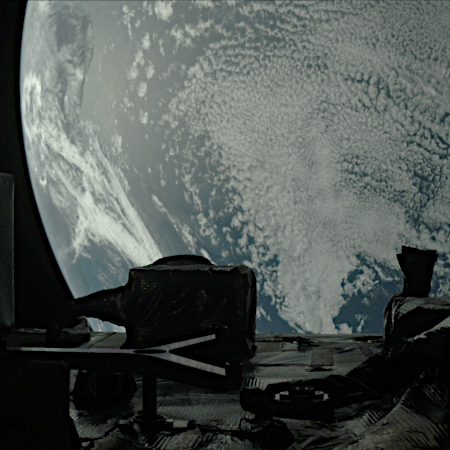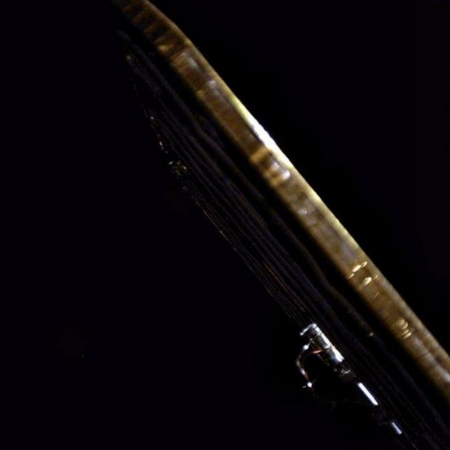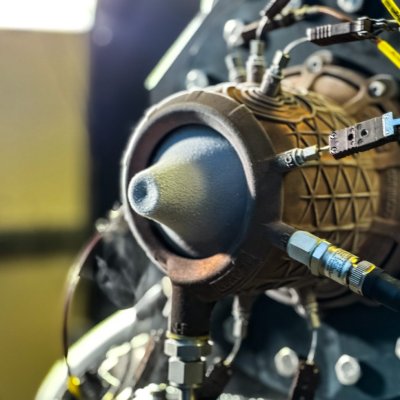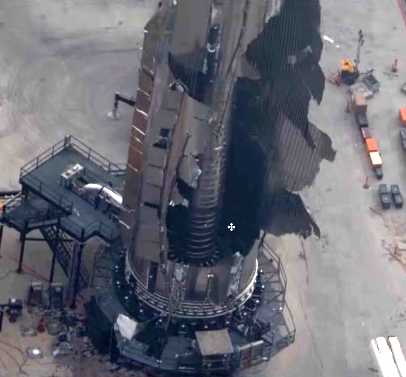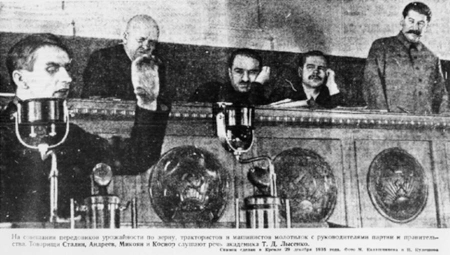Vast signs preliminary astronaut deal with the Maldives

Artist rendering of Haven-1 with docked
Dragon capsule
Continuing a string of international agreements during the past few weeks, the space station startup Vast yesterday announced it has signed what appears to be a preliminary deal with the Maldives to fly astronauts to its proposed Haven-1 space station.
The agreement outlines that Vast and the MSRO [Maldives Space Research Organisation] will commit to exploring ways to engage the Republic of Maldives space sector. Through the partnership, the organizations will pursue astronaut flight opportunities aboard Vast space stations for agency astronauts, such as Haven-1, the world’s first commercial space station or Vast-provided private astronaut missions to the International Space Station. Both organizations will also collaborate on the development of educational programs and outreach activities, including projects conducted by MSRO astronauts onboard the ISS or Haven-1. These programs are aimed at specifically engaging schools, universities, and other educational institutions in the Republic of Maldives. [emphasis mine]
Vast has similar agreements with Uzbeckistan, Colombia, and the Czech Republic, as well as the European Space Agency. In every case, the agreement hints at Vast providing a space station visit for each country’s or organization’s astronauts, but no firm commitments. I now suspect that these are all preliminary agreements, pending the successful launch of Haven-1 in the first half of next year. Vast plans to keep Haven-1 in orbit for three years, during which it wants to fly four 30-day manned missions, using a Dragon capsule as the ferryboat.
At the moment the company has not announced any passengers or crews for those manned missions. Once Haven-1 is in orbit and operating, however, we should expect astronaut flights to be announced from one or more of these countries.
In a sense, Vast is doing the same thing that Axiom did with India, Poland, and Hungary, signing up each to fly astronauts to ISS. Both space station startups are simply hunting for passengers. And both know that every single third world nation in the world wants to fly its own astronauts in space. Vast, like Axiom before it, is now offering them a cheap way to do it.
Hat tip to BtB’s stringer Jay.

Artist rendering of Haven-1 with docked
Dragon capsule
Continuing a string of international agreements during the past few weeks, the space station startup Vast yesterday announced it has signed what appears to be a preliminary deal with the Maldives to fly astronauts to its proposed Haven-1 space station.
The agreement outlines that Vast and the MSRO [Maldives Space Research Organisation] will commit to exploring ways to engage the Republic of Maldives space sector. Through the partnership, the organizations will pursue astronaut flight opportunities aboard Vast space stations for agency astronauts, such as Haven-1, the world’s first commercial space station or Vast-provided private astronaut missions to the International Space Station. Both organizations will also collaborate on the development of educational programs and outreach activities, including projects conducted by MSRO astronauts onboard the ISS or Haven-1. These programs are aimed at specifically engaging schools, universities, and other educational institutions in the Republic of Maldives. [emphasis mine]
Vast has similar agreements with Uzbeckistan, Colombia, and the Czech Republic, as well as the European Space Agency. In every case, the agreement hints at Vast providing a space station visit for each country’s or organization’s astronauts, but no firm commitments. I now suspect that these are all preliminary agreements, pending the successful launch of Haven-1 in the first half of next year. Vast plans to keep Haven-1 in orbit for three years, during which it wants to fly four 30-day manned missions, using a Dragon capsule as the ferryboat.
At the moment the company has not announced any passengers or crews for those manned missions. Once Haven-1 is in orbit and operating, however, we should expect astronaut flights to be announced from one or more of these countries.
In a sense, Vast is doing the same thing that Axiom did with India, Poland, and Hungary, signing up each to fly astronauts to ISS. Both space station startups are simply hunting for passengers. And both know that every single third world nation in the world wants to fly its own astronauts in space. Vast, like Axiom before it, is now offering them a cheap way to do it.
Hat tip to BtB’s stringer Jay.






